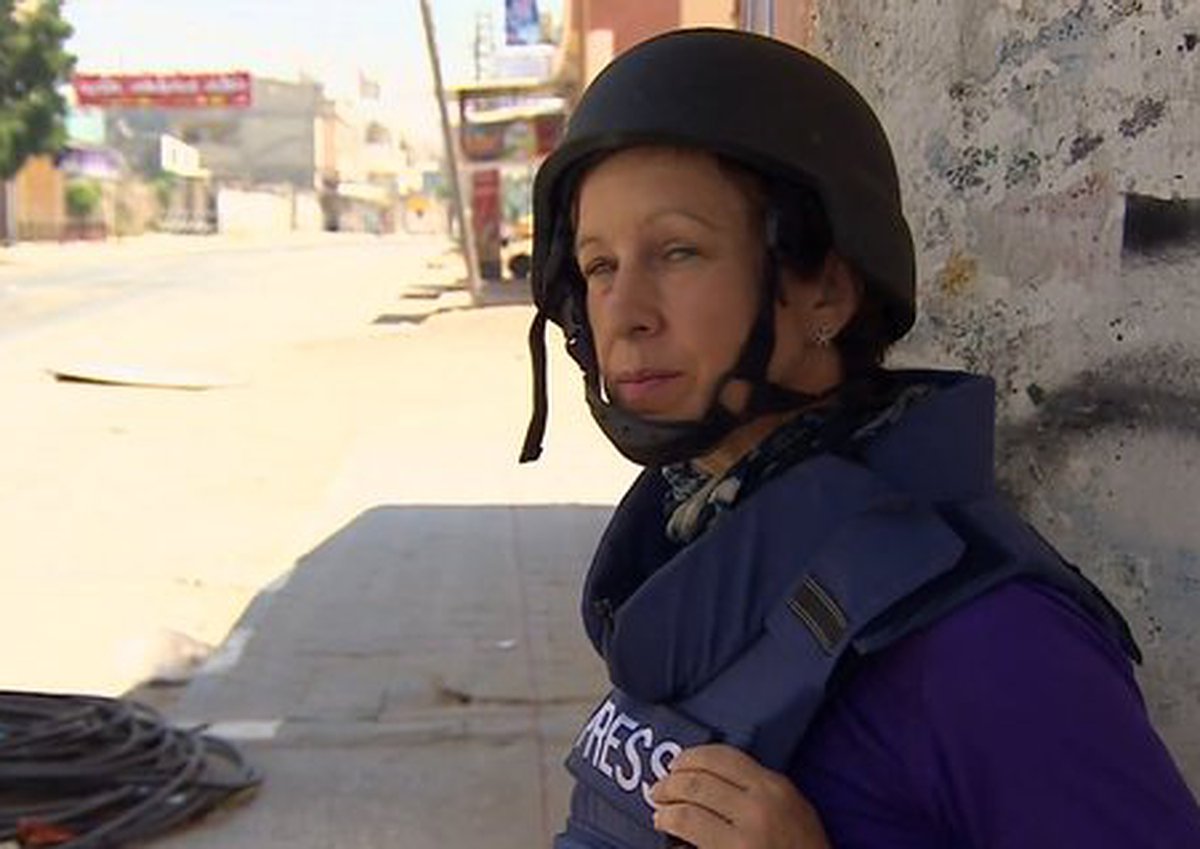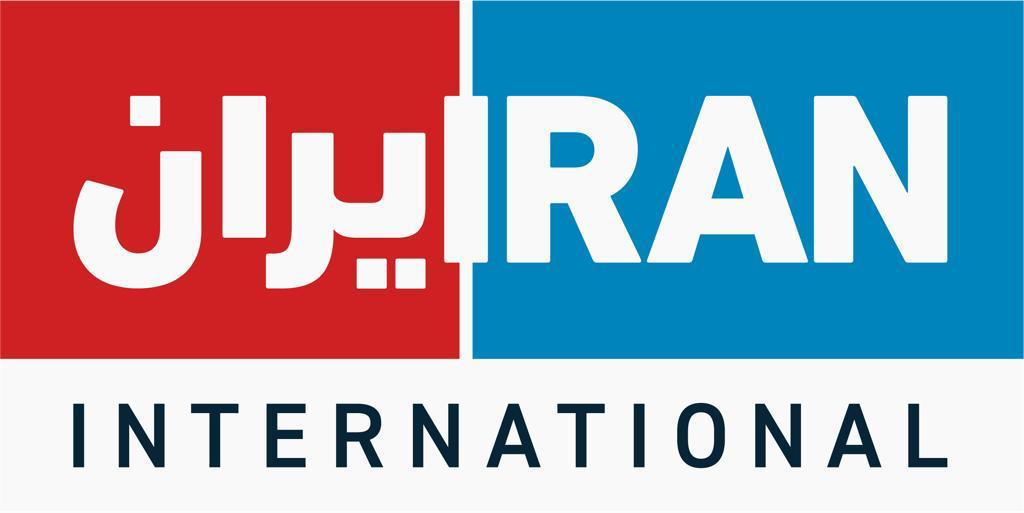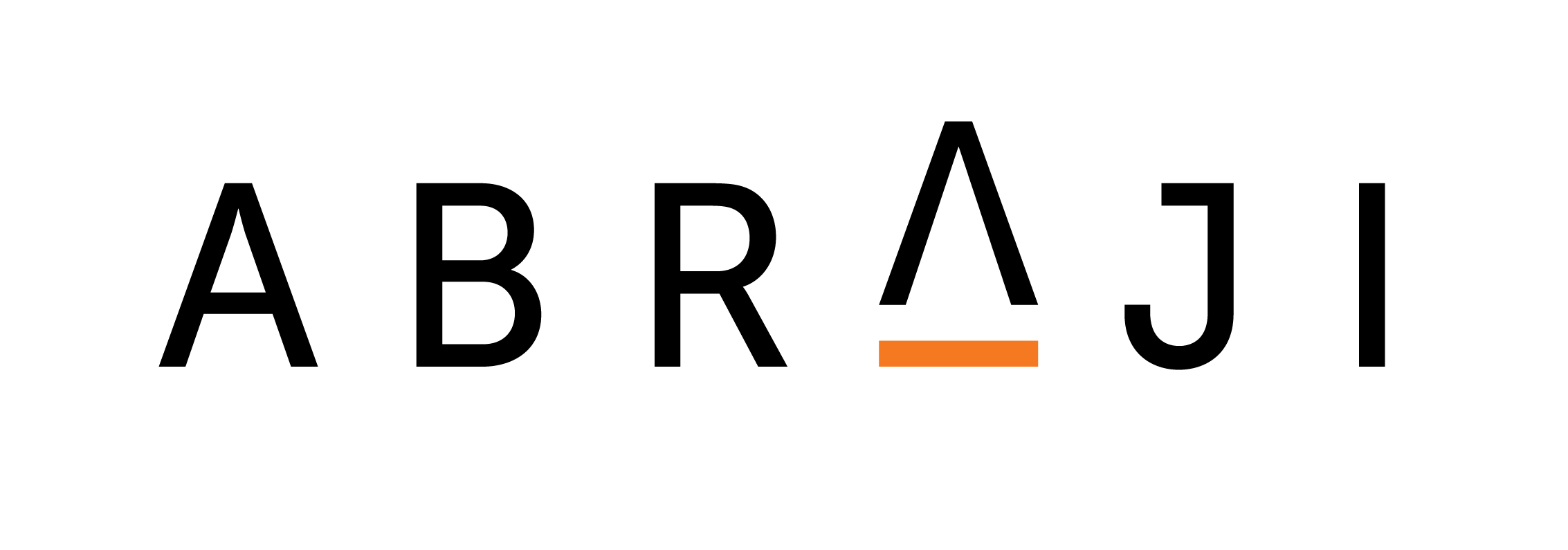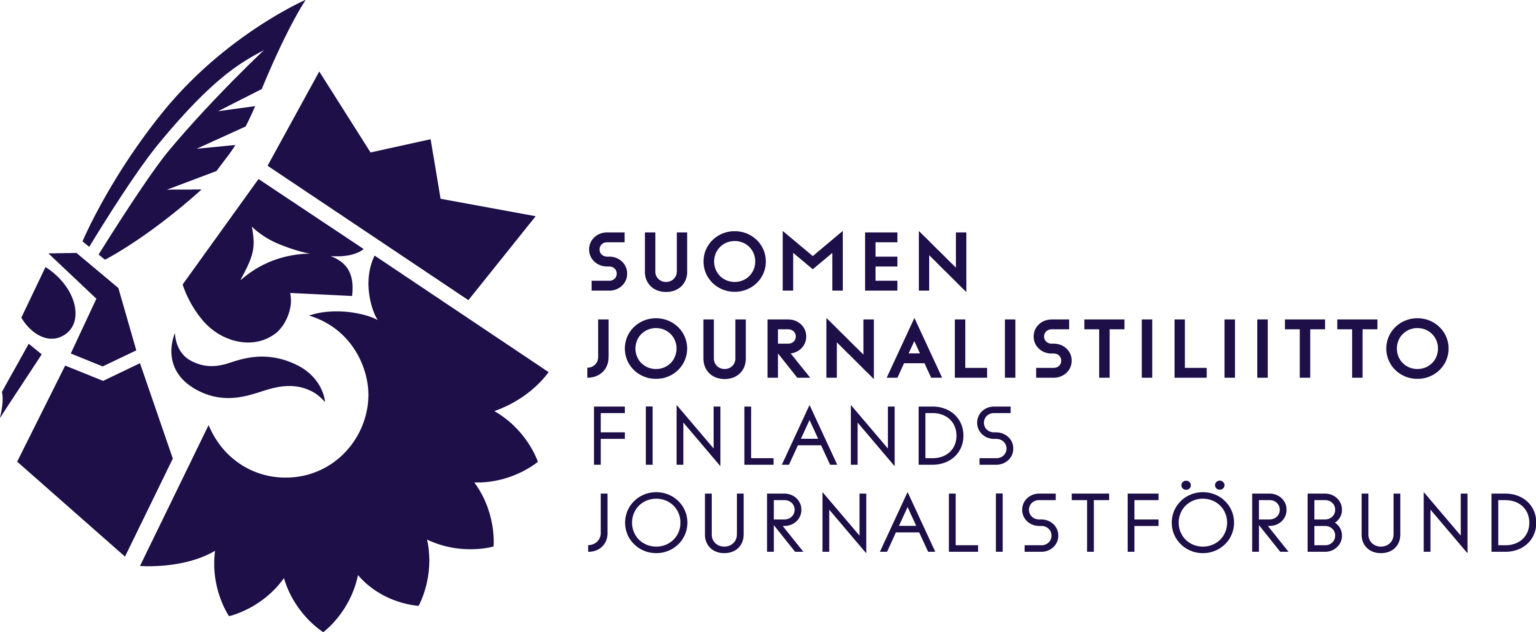There is a question I get asked a lot: “Isn’t it really difficult for you, as a woman, working where you do?”
For most of 30 years, working mainly across the Middle East, South Asia, and Africa, I have answered no. But in recent years, in some places, it’s become more difficult, and sometimes more dangerous.
Maybe I’ve just been lucky. But in most places I’ve worked, Western women have been regarded almost as a third gender. We aren’t treated like the women of the place. We aren’t treated like the men.
But in traditional societies, where hospitality trumps ideology, we are almost always accorded the special privileges afforded to guests. In conservative societies, that also includes a belief that women need to be protected. I remember the acts of kindness.
There was the man in 1984 at a crowded bus terminal in Abidjan, Ivory Coast, who approached me as night fell, and risk rose, to ensure I knew which bus I was taking. There were the two Mujahedeen fighters in 1991 who gripped my hands as we strode, as quickly as we could, through a fast running stream in eastern Afghanistan to escape Soviet helicopter gunships tracking our movements. And there are the many Egyptian men last November who linked their arms, and encircled me, and my two female colleagues in Cairo’s Tahrir Square to escort us through rowdy crowds late at night.
The much publicised sexual assault in February last year in Tahrir Square on the broadcaster Lara Logan – and her courage in reporting it – helped put this issue of sexual harassment and safety on the agenda in a much more significant way. It made western female journalists working in the Square more cautious.
Egyptian women, who’ve dealt with harassment for years, already knew the risks. My Egyptian colleague Shaimaa Khalil, who wears a headscarf, says it doesn’t matter how you are dressed and who you are; you can still be a target.
Women journalists have started looking out for each other. Last week, on Twitter, an Egyptian friend Yasmine Rashidi sent this message: “Leaving maspero. For female tweeps heading here be alert – sexual harassment galore.”
But this isn’t new. In some conservative societies, where contact of any kind between men and women is restricted by cultural and religious mores, we learned very quickly to avoid large mainly male crowds.
In Pakistan in 1988, I told a visiting Canadian colleague she should avoid wading into the boisterous election rallies unless she was flanked by her male colleagues. She ignored my advice, perhaps thinking it was sexist or believing she couldn’t do her job unless she was in the midst of the action. She was so badly groped she had to return to the hotel.
In early 2011, in Tahrir Square during the extraordinary protests, I was fortunate in being able to go in on a daily basis with an Egyptian who worked with us as a driver and producer who had experience in close protection work. He instinctively stood behind me everywhere we went in the crowds such that Egyptians started recognising him from our TV reports.
As it was, the mood and spirit of Tahrir in those first heady weeks of the revolution was, for all women, unusually safe. What has become more of an issue is the rise of Islamist groups with a stricter interpretation of their religion. That can translate into minor gestures like not shaking hands, or more challenging ones like insisting they won’t do interviews with women.
I have had many occasions where men won’t shake hands – from fighters in Libya during the 2011 war, to Iran where it’s official policy. Fortunately I have never had to deal with a suggestion that a male journalist should be sent instead. (And my editor says he wouldn’t accept that condition.)
But even this possibility can be exploited for all the wrong reasons. A feisty American friend working for a major American TV network during the US led invasion of Afghanistan was told by her desk in late 2001 that a male colleague was being sent to replace her because they couldn’t send a woman into southern cities like Kandahar.
There’s nothing like being more Taliban than the Taliban. In more than twenty years of working in Afghanistan I can count on one hand the number of times where being a woman posed a problem. In all of them, a solution was found.
In 2001, when I was told by colleagues that an Afghan Taliban leader in Pakistan would not see me because I worked for the BBC, and was female, I saw it a test of my belief in Afghan hospitality. I managed to politely make my way into his offices in Islamabad and extended traditional greetings. After a brief flicker of surprise, and a smile, he immediately opened his door to me, and an interview – my theory was proven right, so far.
A decade earlier, the forces of the prominent Mujahadeen commander Jalaluddin Haqqani – whose network is now on the US terrorist watch list – had taken the strategic city of Khost. I called his office to ask to accompany him and his men when they travelled to the area which was coming under retaliatory fire. I was told the BBC was welcome but women were not. Searching for a compromise, I quickly offered to dress like a local man with my hair tucked up in the traditional Afghan flat cap. The suggestion was accepted without too much fuss. Then, a few days later, at a news conference at their headquarters in the Pakistani tribal area of North Waziristan, I was given the chair next to Jalaluddin Haqqani – dressed like an Afghan man, but with the privileges of a western woman guest.
I still don’t know if his son Sirajuddin, now said to be behind most of the attacks on Kabul, would accept an interview with a female journalist. He is mostly in hiding, on the run. But as long running conflicts intensify, and new ones emerge, the dangers are mounting. We used to think militant groups would tend not to kidnap women journalists (or aid workers or tourists) but that reassurance has been shattered in recent years.
In 2004, the kidnapping and killing in Iraq of the widely respected Irish aid worker Margaret Hassan felt like a defining moment. She had lived and worked in the country for many years, and had married an Iraqi. Some of us asked then: who is safe?
On more day to day issues, there’s that question of what to wear which is not just about fashion. When I lived in Pakistan in the early 90’s, we often discussed the value of wearing the shalwar kameez, the long tunic and loose trousers worn by Pakistani women. I, like many Western women, wore it. Its one of the few places I’ve worked where women do adopt the local apparel. Its comfortable, fashionable, and cool in the heat.
My own view is that if it also helps me to do my job, in a respectful way, I have no issue with it. Some colleagues refused to wear it, insisting they preferred their normal attire ie jeans and shirts. At that time, in the 80s, we tended to say western women should wear what they felt most comfortable in. A woman walking awkwardly in someone else’s clothes seemed to only add to her vulnerability.
But as the culture in Pakistan, and many other places, has become increasingly conservative, I think that’s changed this assessment. But women must make their own choices about what feels right for them.
At the opposite end are cultures where sexual relations can be regarded as natural as eating or drinking. In West Africa, in the 80s, I was sometimes asked straight out whether I “want to do it.”
A polite no was enough to deal with it – in most cases. A few years ago, when a younger colleague told me she was heading to West Africa, I hesitated but then let her know she may have to contend with sexual approaches. I then regretted saying it, wondering if she would think I was being a bit prim. Weeks later, when she returned from her trip, she thanked me for the advice with a laugh. She ended up inventing an husband, and buying a cheap wedding ring, to fend off all the advances. I have to say that I tend to see these risks and challenges as part of the job, not something that means women need to be given special attention, or worse, stopped from going anywhere.
Sexual assaults can also happen to men, as well as women. But I don’t think women can just dismiss some of the specific risks for women.
My own view, which has stood me in good stead, is that in many situations one of the best weapons is good manners, as well as a suitable dose of humour rooted in an understanding of how its used in the country where you find yourself.
There should be no compromise on asking the questions that need to be asked, but there are different ways to ask them, and different ways to show respect for the country and people you’re with. Working with a colleague from the country, who knows the language and culture, is another crucial safeguard. That and an experienced team – whether it includes men or women – can make all the difference to one’s sense of self and safety on the road.
The more you know about the place, the safer you are.
For male and female journalists, the most serious threats of being kidnapped in some places, or shot at in others, are not gender specific. And they are, sadly, on the rise, and of course not just for journalists. We are all safer for understanding all the risks so we can all work together, and support each other, to tell the stories that must be told.
Lyse Doucet is an award winning Senior Presenter and Correspondent for BBC World News TV and BBC World Service radio who is often deployed to anchor special news coverage from the field and report across the BBC including Newsnight. She played a key role in the BBC’s coverage of the “Arab Spring” across the Middle East and North Africa. She is a regular visitor to Afghanistan and Pakistan from where she has been reporting for the past two decades. Her work has also focused on major natural disasters including the Indian Ocean tsunami, and more recently Pakistan floods. Before joining the BBC’s team of presenters in 1999, Lyse spent 15 years as a BBC foreign correspondent with postings in Jerusalem, Amman, Kabul, Islamabad, Tehran, and Abidjan. Lyse is a Council Member of the International Council on Human Rights policy, an honorary patron of Canadian Crossroads International, and a member of Friends of Aschiana UK which supports working street children in Afghanistan.





























































